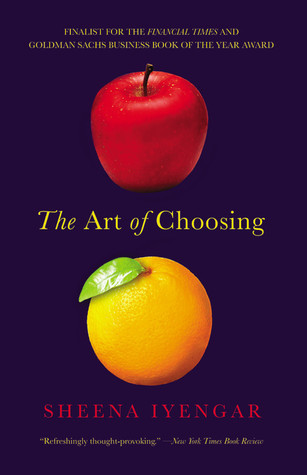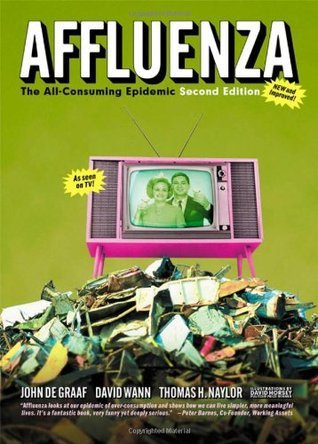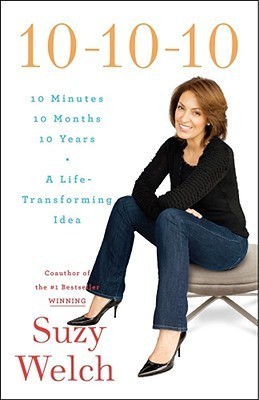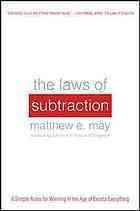
The Paradox of Choice: Why More Is Less
Book Description
Imagine standing at a crossroads with endless paths stretching before you, each promising happiness yet leaving you paralyzed by indecision. In "The Paradox of Choice: Why More Is Less," Barry Schwartz unveils the startling truth: the very abundance we cherish can suffocate us, leading to anxiety and dissatisfaction. He dismantles the illusion that freedom translates to fulfillment, revealing how excessive options can lead to regret and missed opportunities. With riveting insights and striking real-world examples, Schwartz challenges the way we view choice itself. Can less truly be more in a world overflowing with possibilities?
Quick Book Summary
"The Paradox of Choice: Why More Is Less" by Barry Schwartz examines how the abundance of choices in modern society—though meant to enhance our independence and happiness—paradoxically leads to increased anxiety, regret, and dissatisfaction. Schwartz uses psychology and real-world examples to demonstrate that while some choice is essential for personal freedom, too much choice can barrage us with doubt and fear of missing out, making even simple decisions stressful. He explains how overanalyzing options can hamper satisfaction, tying the rise of perfectionism and regret to our overwhelming options. Ultimately, Schwartz suggests practical ways to simplify choices for greater well-being, arguing that sometimes, limiting our options fosters more contentment and peace.
Summary of Key Ideas
Table of Contents
The Overload and Burden of Abundant Choices
Modern societies celebrate the freedom to choose, associating it with autonomy and happiness. Barry Schwartz challenges this assumption, arguing that while a reasonable amount of choice is empowering, excessive options can lead to decision paralysis and stress. He presents evidence from psychological studies and daily life, illustrating how overwhelming choices—whether buying jeans or selecting a healthcare plan—can immobilize individuals who feel pressure to make the perfect selection.
Maximizers vs. Satisficers: Decision-Making Styles
Schwartz explores how people approach decisions, distinguishing between maximizers and satisficers. Maximizers exhaustively seek the best possible outcome, comparing every option and second-guessing their eventual choice. Satisficers, by contrast, settle for options that meet their needs without exhaustive search. While maximizers might achieve slightly better objective results, they experience less happiness, since they are prone to regret, self-doubt, and second-guessing.
The Link Between Excessive Choice and Dissatisfaction
The torrent of choices, Schwartz notes, often leads to a host of psychological issues including chronic dissatisfaction, analysis paralysis, and constant self-blame for less-than-perfect outcomes. The consumer is burdened not only with decision-making but also with the responsibility for negative outcomes, fostering regret and heightening anxiety. Anticipated regret—worry about making the wrong choice beforehand—undercuts satisfaction, even with fairly trivial decisions.
Regret, Anticipated Regret, and Missed Opportunities
Schwartz highlights how the endless array of options feeds into the culture of perfectionism. The possibility of a better alternative always lurking in the background leads to persistent feelings of missed opportunity, no matter what one chooses. Standards rise, expectations become unrealistic, and people experience less fulfillment despite objectively having more freedom than ever before.
Simplifying Choices for Well-being
Striking a balance between autonomy and well-being requires mindful limitation. Schwartz advocates practical strategies to reduce choice overload: simplifying choices, embracing satisficing, and setting clear priorities. By consciously narrowing our options, we free ourselves from the stress and discontent that arise from relentless comparison. In a world overflowing with possibilities, true happiness may lie in accepting that less is, indeed, often more.
Download This Summary
Get a free PDF of this summary instantly — no email required.





